The BBC has issued a personal apology to former U.S. President Donald Trump over a misleading edit of his January 6, 2021, speech in a documentary broadcast under its investigative series, "Panorama." However, the BBC has firmly rejected demands from Trump's legal team for compensation, despite the threat of a $1 billion defamation lawsuit.
According to a letter to the White House released late Thursday, BBC Chair Samir Shah expressed regret for the misleading edit, stating that it was "not accurate" and "did not meet the BBC's editorial standards." Trump's personal attorneys had threatened legal action unless the BBC retracted the program, apologized, and paid for "financial and reputational harm." The BBC has maintained that it will not provide legal compensation, citing its commitment to editorial independence and the need to protect its journalistic integrity.
The controversy surrounding the documentary stems from a 2021 broadcast that included a misleading edit of Trump's speech, which was later corrected. Trump's lawyers claimed that the edit had caused him "financial and reputational harm" and demanded compensation. The BBC has argued that the edit was an honest mistake and that it has taken steps to correct the error and prevent similar incidents in the future.
The BBC's decision not to provide legal compensation has sparked debate about the limits of free speech and the role of the media in holding public figures accountable. Some have argued that the BBC's refusal to pay compensation sets a precedent for other media outlets to prioritize editorial independence over potential lawsuits. Others have criticized the BBC for not taking responsibility for the misleading edit and for not providing adequate compensation to Trump.
The BBC has maintained that it will continue to uphold its editorial standards and prioritize the accuracy of its reporting, even in the face of potential lawsuits. The incident highlights the challenges faced by media outlets in balancing the need for accuracy and fairness with the potential risks of defamation lawsuits.
As the controversy continues to unfold, the BBC has announced that it will conduct an internal review of its editorial processes to ensure that similar incidents do not occur in the future. The review will examine the BBC's procedures for fact-checking and editing, as well as its policies for handling complaints and lawsuits. The outcome of the review will be closely watched by media outlets and observers, who will be looking for signs of greater transparency and accountability in the BBC's editorial processes.
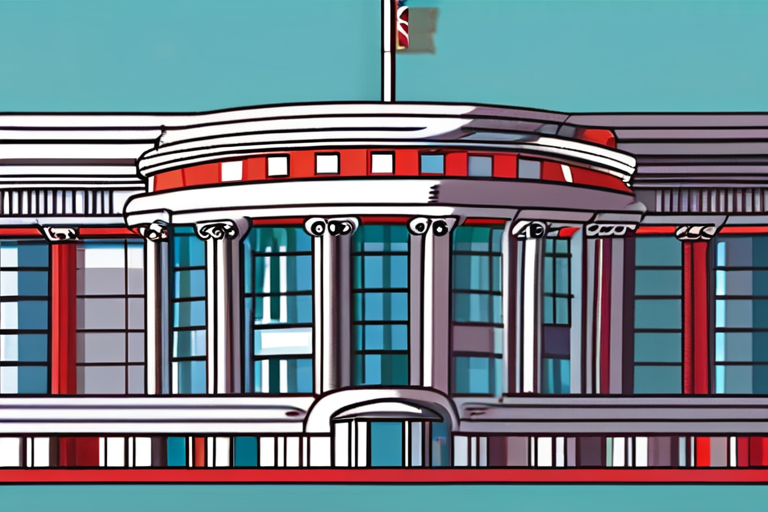

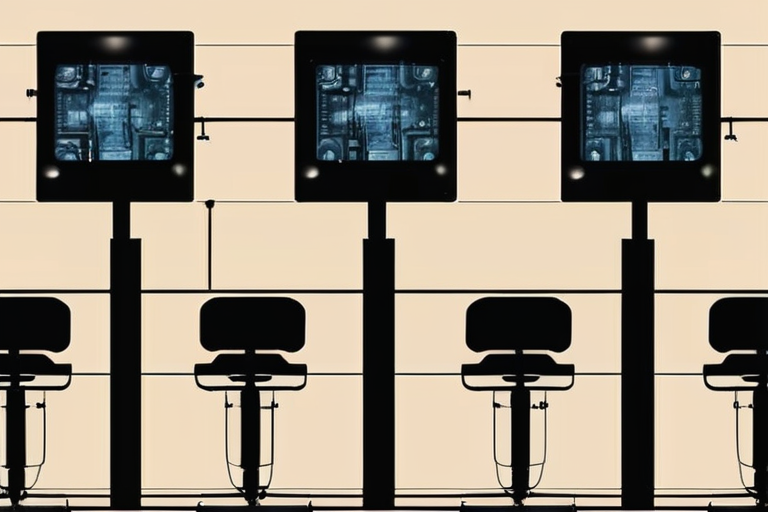
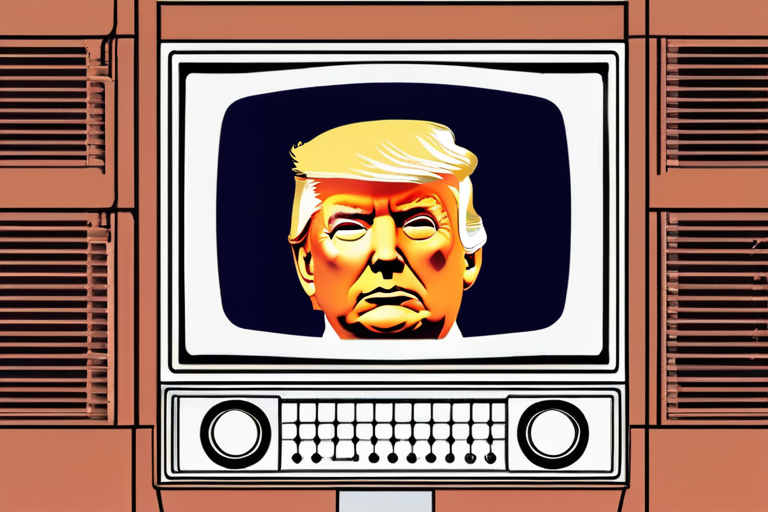
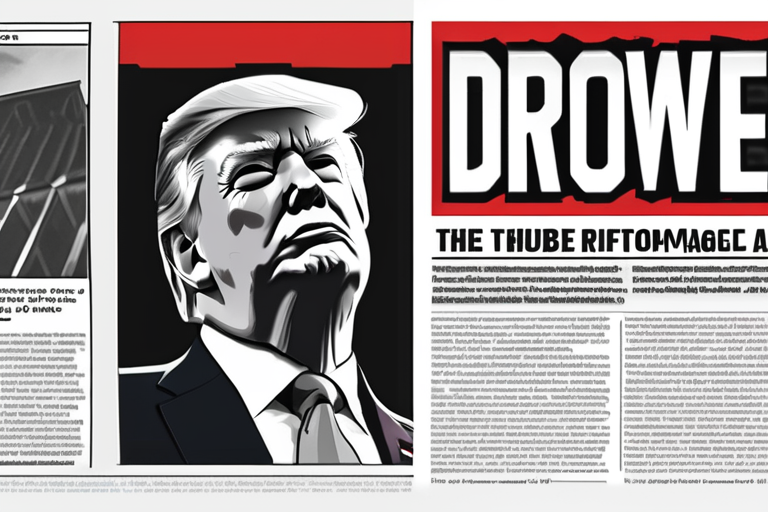
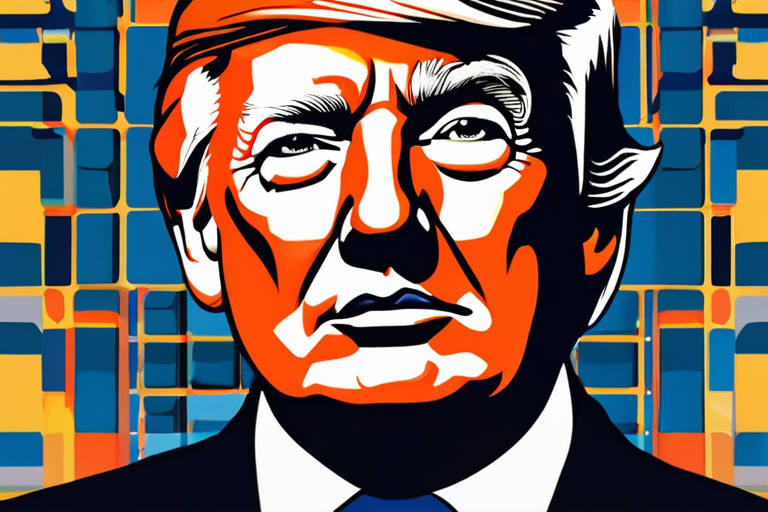
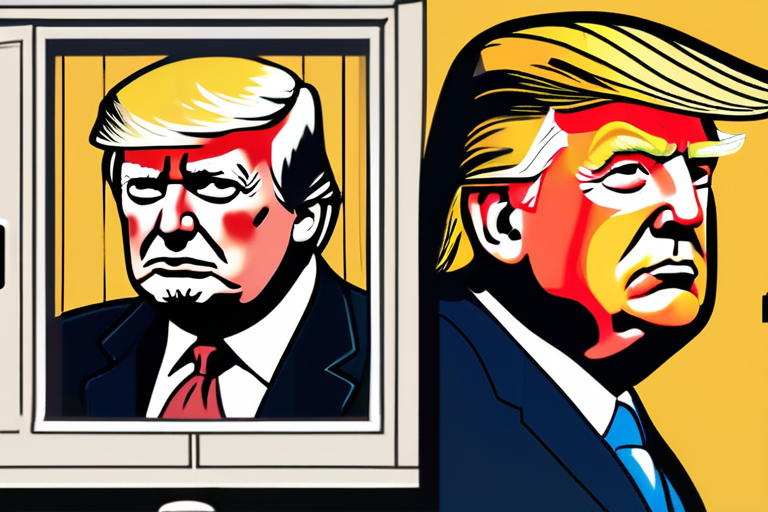

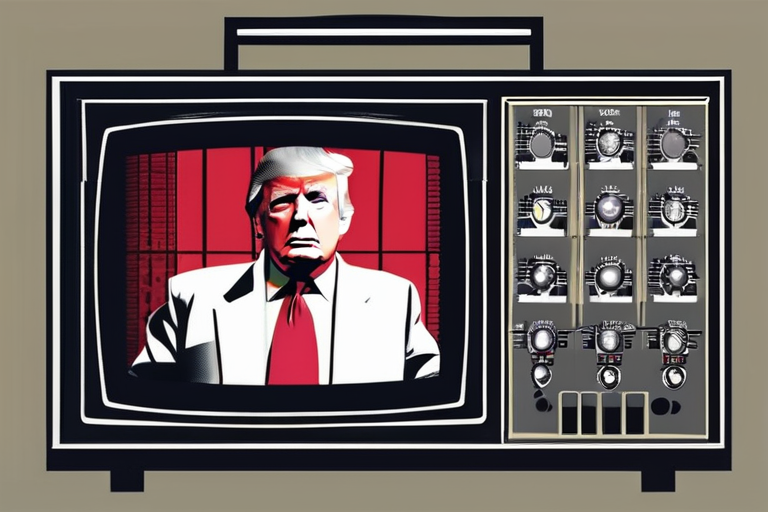
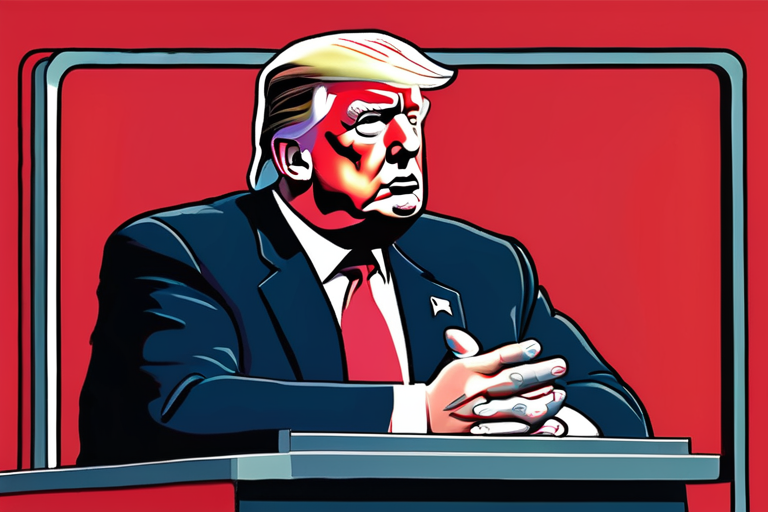
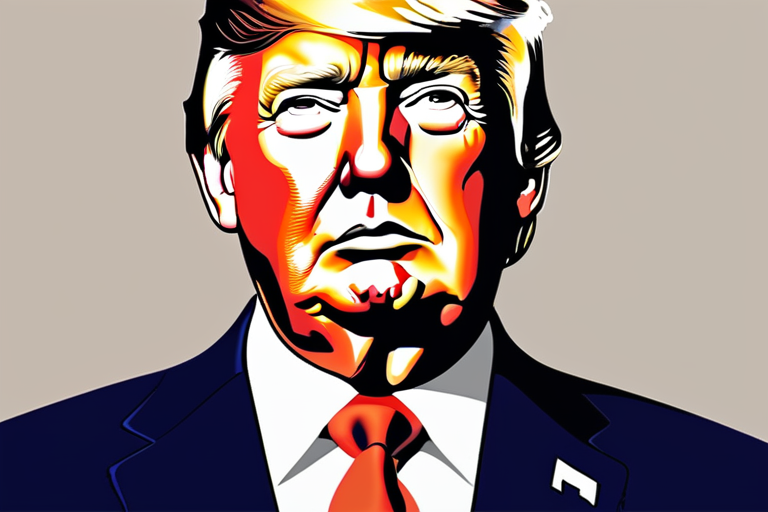
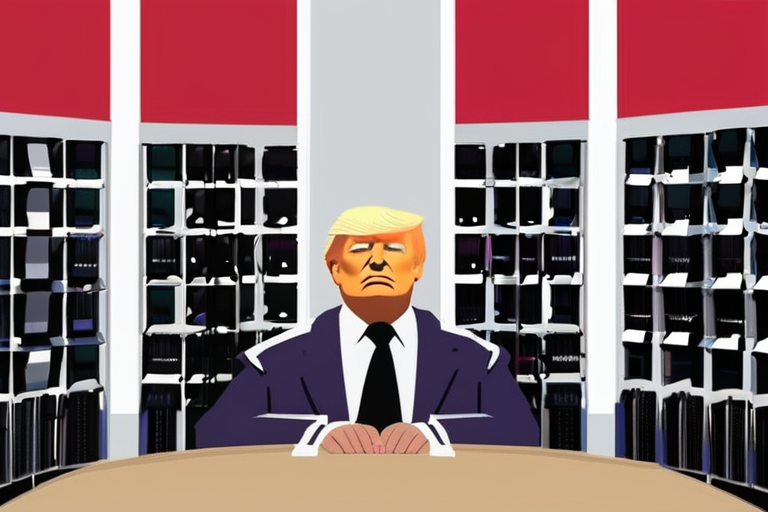
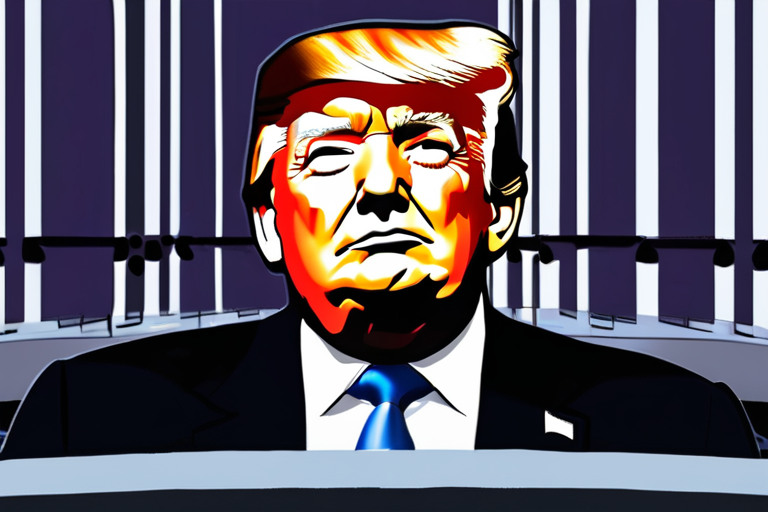


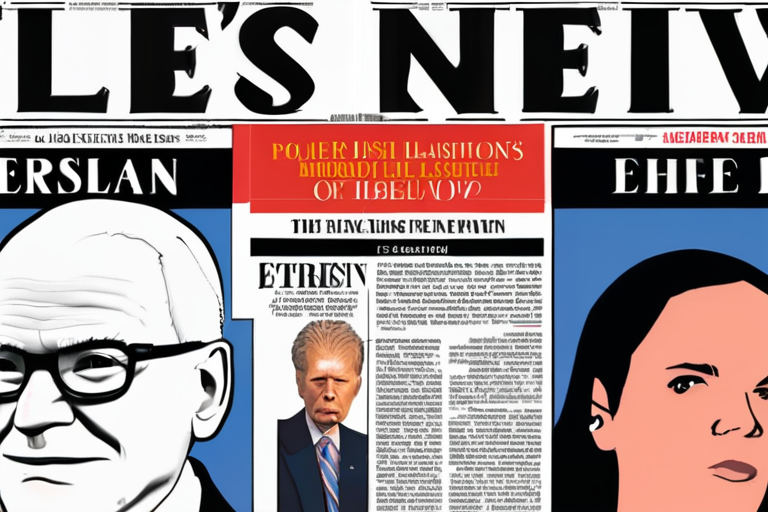

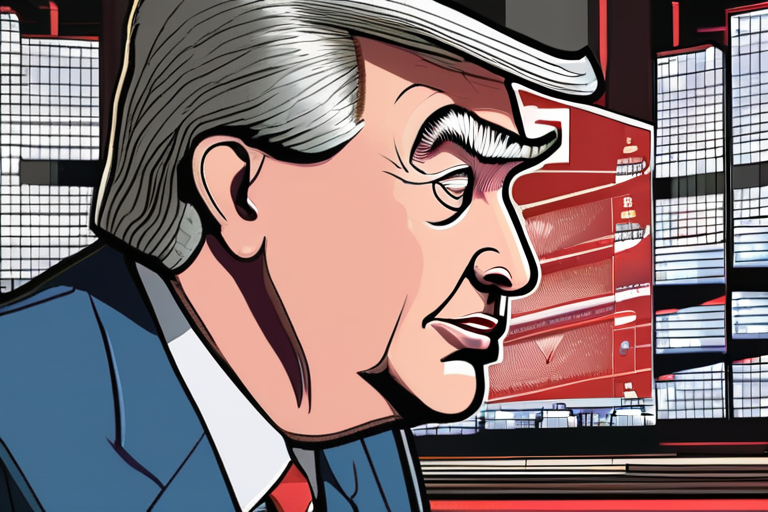
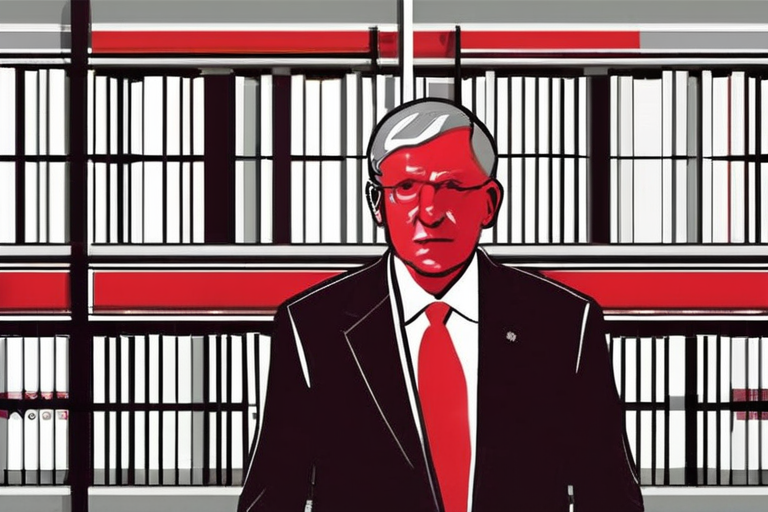
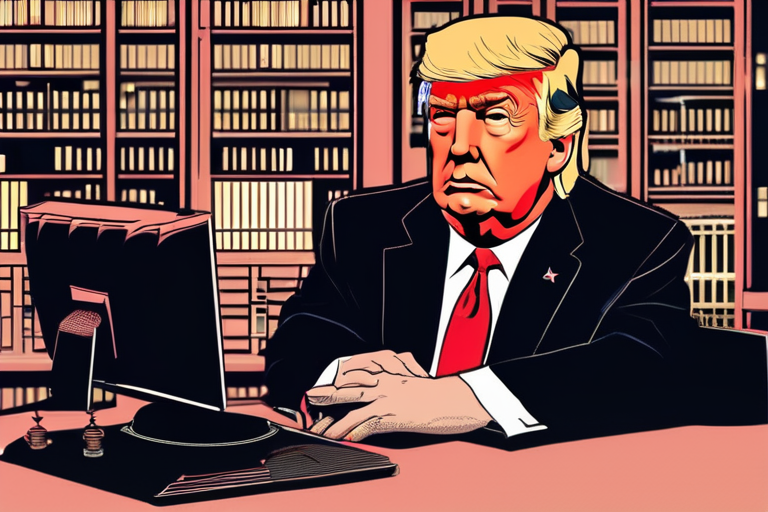
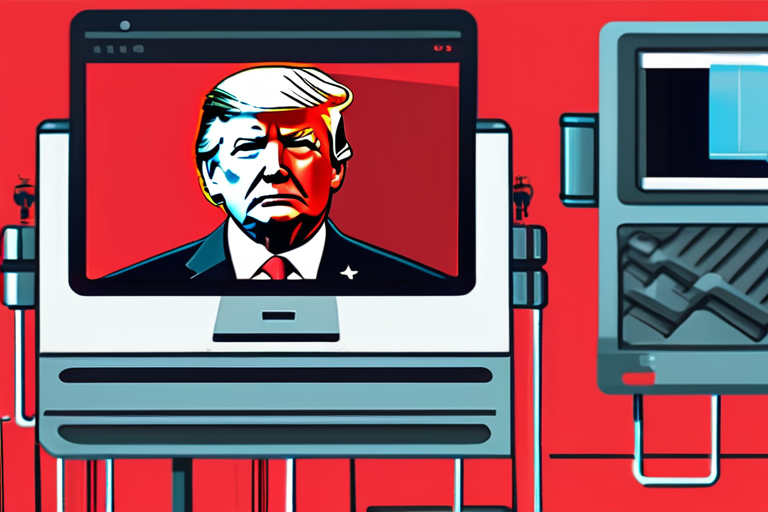
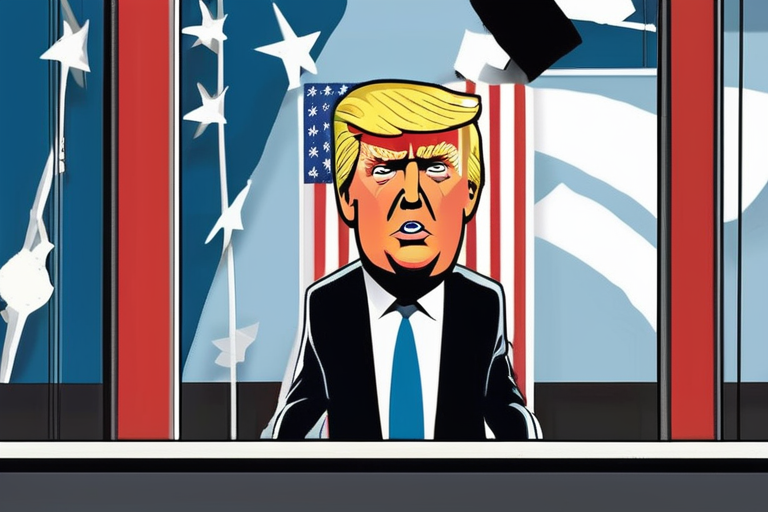
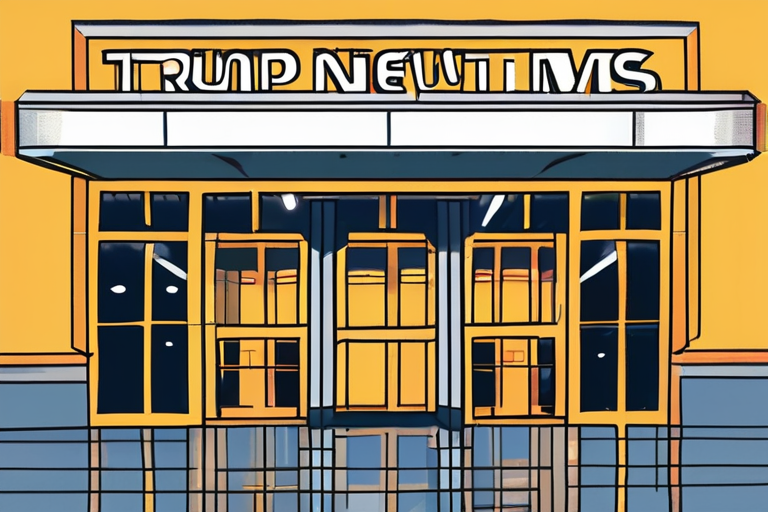
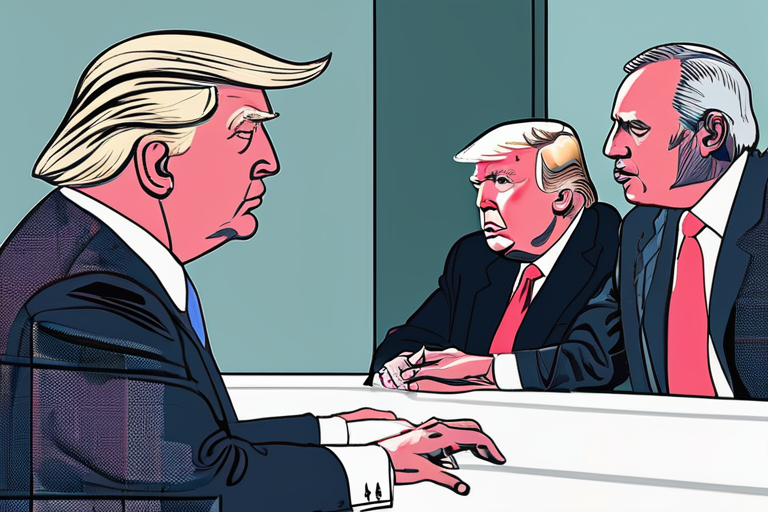
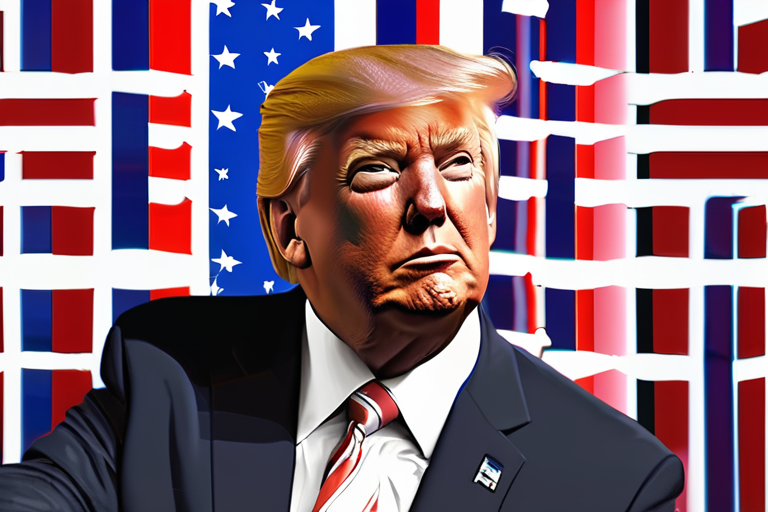
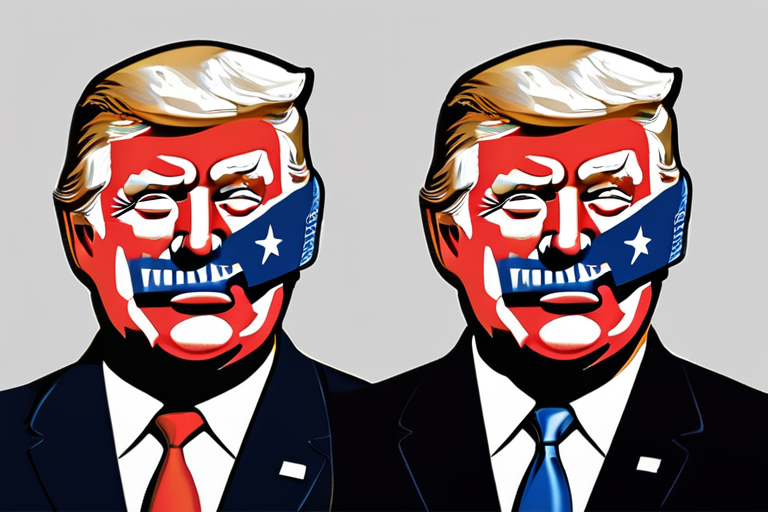
Share & Engage Share
Share this article